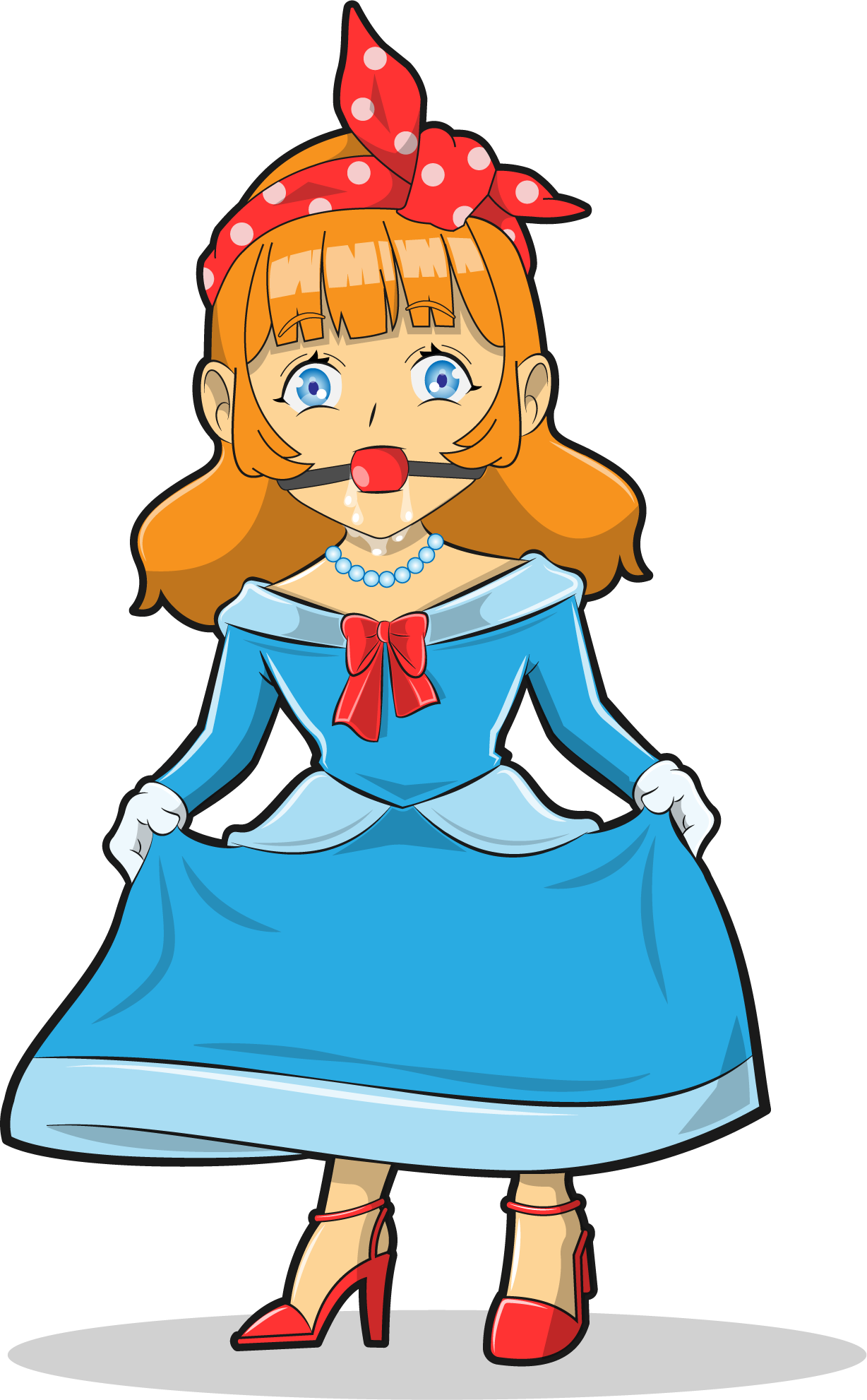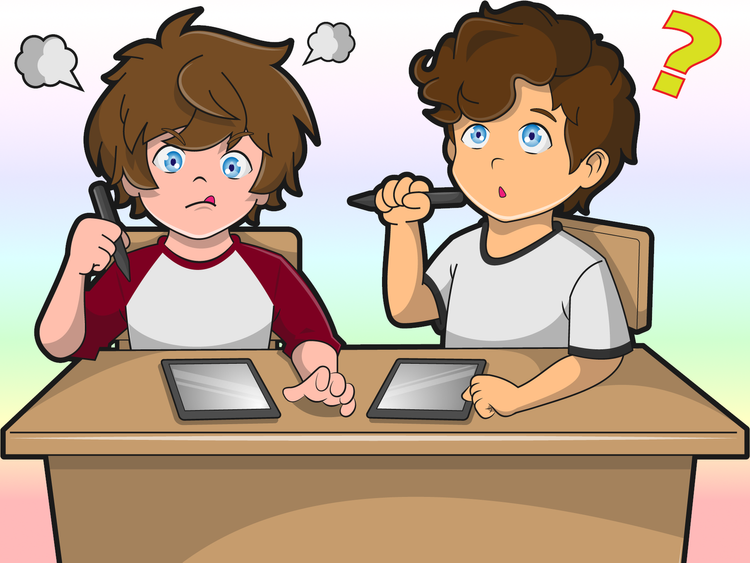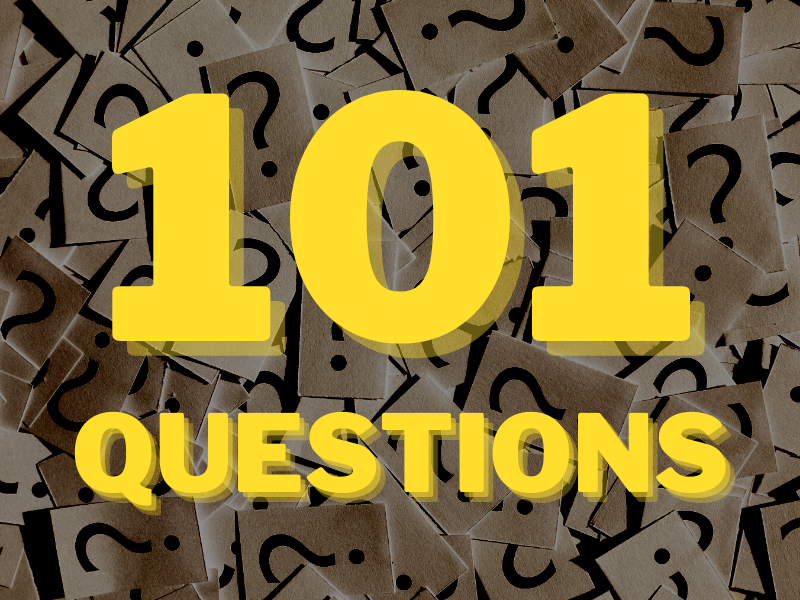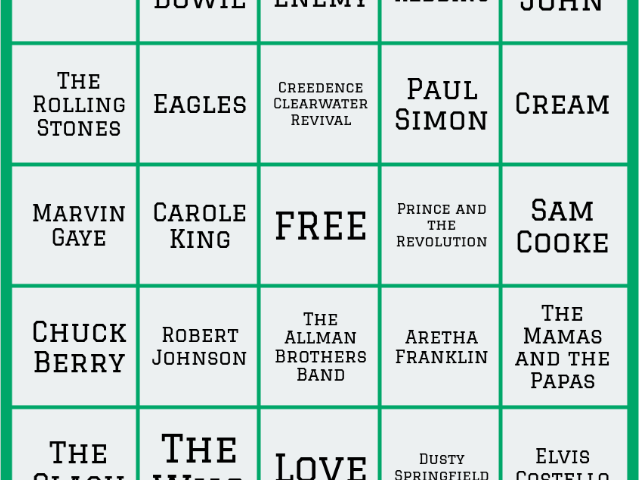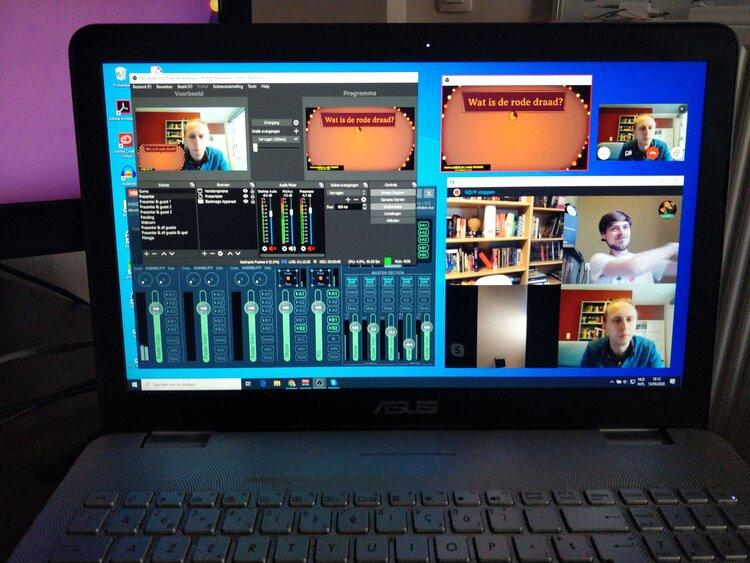So, you want to impress your friends (and the world) by creating a quiz of your own? Here are some dos and don’ts, provided by seasoned quizmasters. Because, as John Goodman would say: This is not ‘Nam, there are rules here!
How to create the perfect quiz
Who is who
Raf Geusens has been making and presenting pub quizzes for 15 years, for Gent Quizt. He is co-author of the book ‘Het grote Knack Quizboek’.
Wietse Heremans and Mathias Mathieu are quizmasters for De Quizfabriek, an organisation that specialises in creating quizzes on tablets, powered by QuizWitz. Many of their quizzes are customized for parties or teambuilding exercises.
Ute Egghe is the driving force behind Sitting Bull, a company that creates questions for TV quizzes and entertaining quizzes at festivals. She also loves to participate in pub quizzes.
The 10(ish) commandments of quizzing
1. Know your audience
Wietse: ‘Rule number one: your audience should have a frolicking-good time. Occasional quizzers are a whole different breed than die hard quizzers. We’ve learned that the hard way at De Quizfabriek: in the beginning we made fun quizzes with lots of practical jokes. We even had the contestants sing their answers instead of writing them down (laughs). However, after a while more and more ‘seasoned’ quizzers started to participate, and unfortunately, the karaoke singing was not really their cup of tea. And without us realizing it, we started making our questions more difficult to please the die-hards, which our original audience didn’t like. The lesson is that you have to choose: you can’t please both categories of people.’
Ute: ‘My rule of thumb is that even the worst teams should still score 50% and the top teams 90%, with the general average at about 70%. Many quizmasters tend to make the questions too difficult, which leaves everybody feeling miserable.’
2. Avoid clichés
Ute: ‘I once attended a quiz where we were asked who had lost the Battle of Waterloo. I thought, “Really? I would rather have a question about a wombat’s poop.” Don’t ask questions that are too easy or too cliché. For me, a good question is when you hear the answer and think “Man, I should have known that one.” Or “Hey, I didn’t know that, but it sure is witty.” I once participated in a movie quiz where every question was about the name of the movie, plus the actor or director. Over and over and over again. After three rounds we called it a day. On the other hand: the other teams apparently loved it.’
3. Refrain from ambiguity
Ute: ‘A common beginner’s mistake in creating a quiz: asking questions to which more than one answer is correct. You want to ask about tofu and say, “Which soy-based product is often used as an alternative for meat,” and you forget about tempeh. When I ask for the ingredients to a recipe or a cocktail, I always mention an official source. You wouldn’t believe the things some people mix into a Cosmopolitan.’
4. Thematic balance is key
Wietse: ‘What really irritates me is when a quiz only incorporates one theme, or topic per round. For example, a sports round, a science round, a music round and so on. One team member is left to solve all the questions and the other three have no choice but to order another beer. Variation is key: in each round, ask one geography question, one film question, one history question, and so on.’
Raf: ‘Also, it’s important to incorporate some variation within the categories themselves. Don’t ask five questions in a row about Eurodisco songs, even if that’s your personal favorite. Not that everything must be weighed on a gold scale. As long as the overall balance is OK.’
Ute: ‘Most quizzers are men, but that doesn’t mean they shouldn’t be taken out of their comfort zone every now and then, with a yoga question or something, for example.’
Mathias: ‘Or TikTok questions. If only to get on the nerves of any serious quizzers.’
5. Links are a good thing
Most quizzers love links, if only to help with some answers that have been eluding them. Even if it’s a link that has been used before (i.e., all answers contain a colour, or every answer starts with the letter P). Raf is a definite fan: ‘I usually indicate beforehand when there’s a link or concept in the round. But I don’t award extra points for those who have found the link because it gives the better teams even more of an advantage.’
Mathias: ‘And don’t make a common thread too difficult. In the beginning, we always made those links far too obscure. The quizmaster obviously knows where it all leads to, but the rest of the audience doesn’t.’
6. Kill your darlings
Wietse: ‘Another beginner’s mistake is asking questions that go on and on. It’s not necessary to copy half a Wikipedia page. Once the question is conclusive, it usually does the trick.’
Raf: ‘I do like to put the quizzers on the wrong foot sometimes. For example, by incorporating an entire explanation that leads to Queen Elisabeth, after which you say: “Of course I am talking about Queen Elisabeth, but what is her son’s title?” Then sit back and watch everyone cross out their initial answer. Of course, you don’t want to do that all the time.’

7. Examples? Examples!
Which of their concepts are quizmasters especially proud of?
Raf: ‘I once created a round for an environmental association group where the teams had to make the CO2 disappear from the answers. In the left column you had an answer containing a C and two O’s, for example, Monaco. And in the right column you would get an anagram of that answer, but without the letters COO. In this case the truck brand MAN.’ Get it?
Mathias: ‘Or a Sudoku round. Each answer contains a number which you could write in a Sudoku. If you solve the Sudoku correctly, you can then reason back to the answers you are still missing. For example, say, Three Mile Island.’
Wietse: ‘Or a bingo round, with symbols like cherries or apples in every answer. And whoever clears a row on his or her bingo card first, gets a drink on the house.’
Ute: ‘Personally, I’m more into crazy kinds of quizzes. For a pop-up quiz at festivals, I had constructed a kind of harness around my neck, with three buzzers and a small curtain on a wooden board. I was like a walking quiz desk. That sure got their attention.’
8. Don’t nitpick
Raf: ‘I once played a quiz in which we had written down La Valetta as the capital of Malta. Wrong: it’s Valetta, short. Because it’s not called The Brussels either. My own take: if it essentially looks like the right answer, you count it right.’
Mathias: ‘Being a bit lenient never hurts anybody. Especially if you find that you have misjudged the degree of difficulty in the first place. In that case, we get a bit more generous as the evening goes by – and people get slightly inebriated anyway.’
9. Avoid practical tests (or not)
Raf: ‘A wise man once said, “Organize a fun fair if you want to, but don’t call it a quiz.” Not many quizzers enjoy being made to run around the block, solve jigsaw puzzles or cryptograms. You have to keep the left and right cerebral hemispheres separate, as they say.’
Mathias: ‘Personally, I think a puzzle round is fun, provided it’s not too difficult, so people can still take in the other questions. And if you do include a practical test, it shouldn’t be a game-changer.’
Raf: ‘I once played a quiz where the teams had to knit a scarf, 1 point per centimeter. One of the teams present were members of a knitting club. They didn’t waste time answering questions and started knitting like lunatics instead. Of course they did win the quiz. 200 points!’
10. Don’t push it
Ute: ‘For my very first TV quiz, we were devising a round in which one candidate was supposed to whisper the answer to the other. To spice things up, we had the idea to make them wear a ball gag - you know, the SM thing. Seemed like a great idea at the time, but when we tested the concept with a former Miss Belgium, it turned out to be really gross. Drool as far the eye could see (laughs). Fortunately, there weren’t too many smartphones back then.’
Text: Hans Seminck Cartoons: Nurwan
